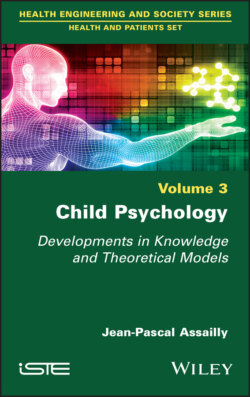Читать книгу Child Psychology - Jean-Pascal Assailly - Страница 53
1.12.1. Child care and emotional and relational development
ОглавлениеCompared with children in informal care, those in group care had a lower likelihood of developing emotional and peer relationship disorders, whereas children in child care (maternal assistant) had a higher likelihood of developing behavioral disorders.
Children in group child care also had a greater likelihood of developing prosocial behavior. Children who, in particular, spent at least one year in group child care had the most beneficial effect, with girls benefitting more than boys. However, this association was not found among children from disadvantaged families.
Group child care thus seems to be linked to a protective effect against symptoms of emotional and peer relationship disorders and enables children to develop more prosocial behaviors, but not among children from disadvantaged backgrounds.
Group child care for young children can therefore have long-term benefits for their behavioral and emotional development, especially if it is of high quality and lasts at least one year.
